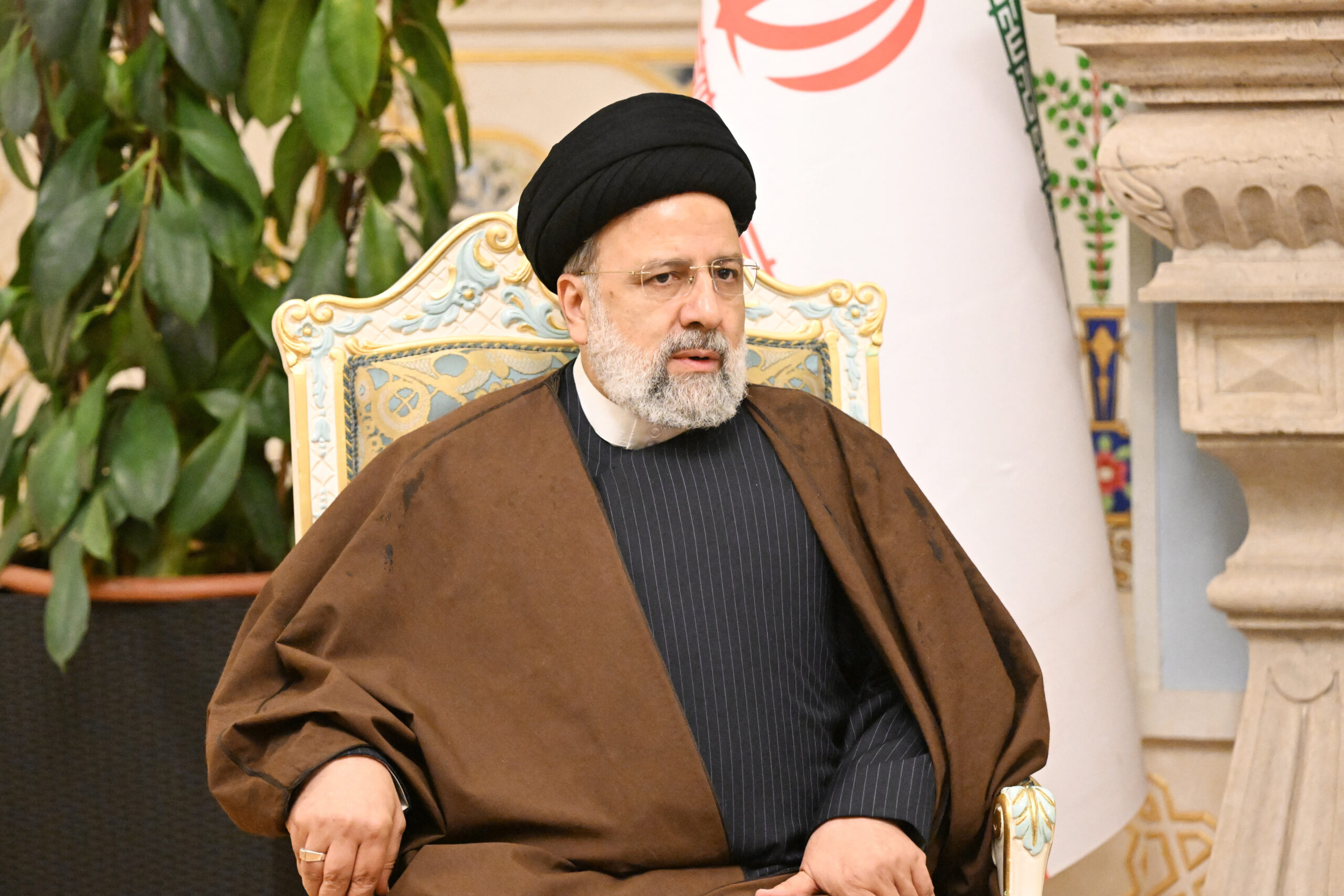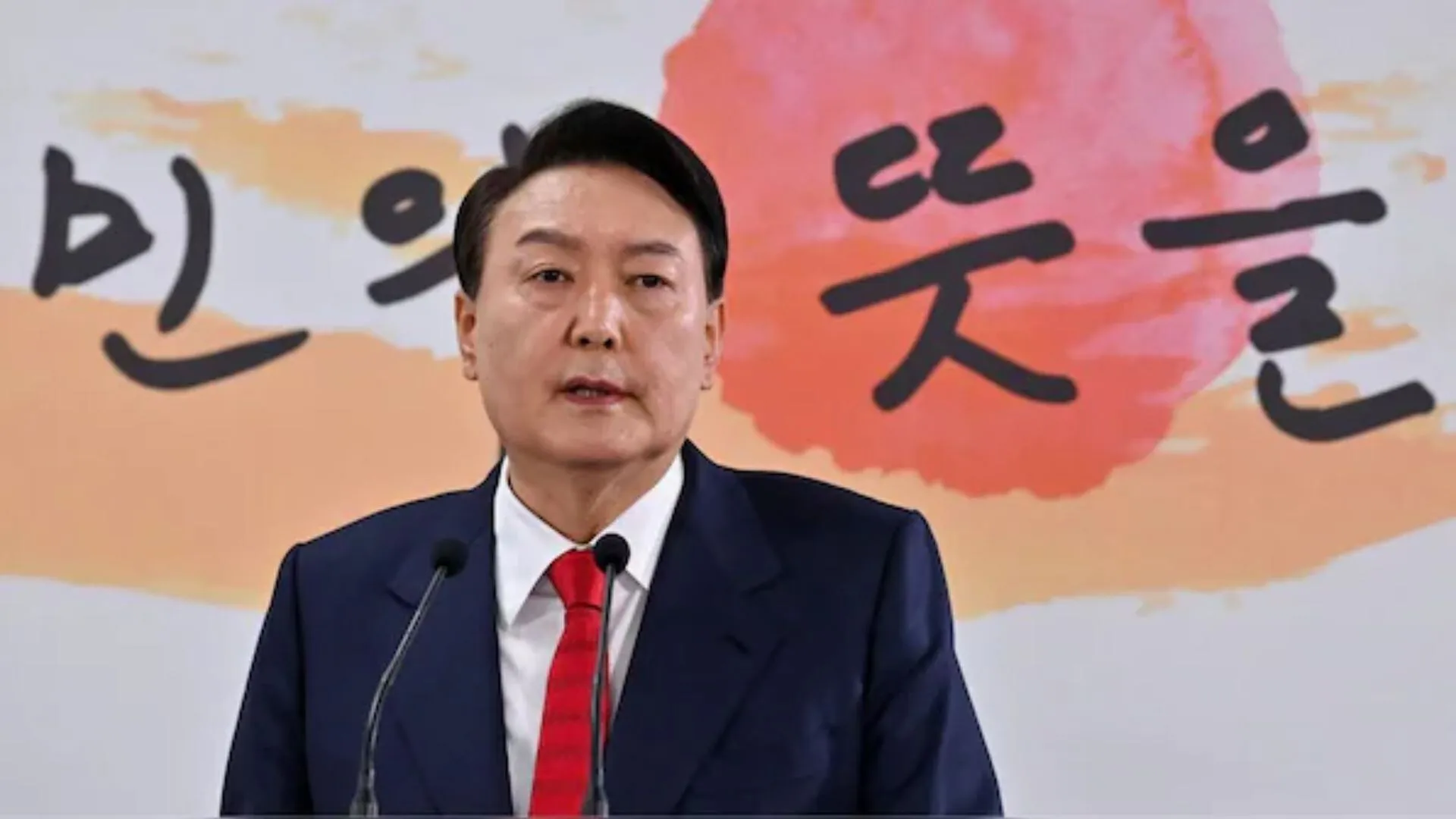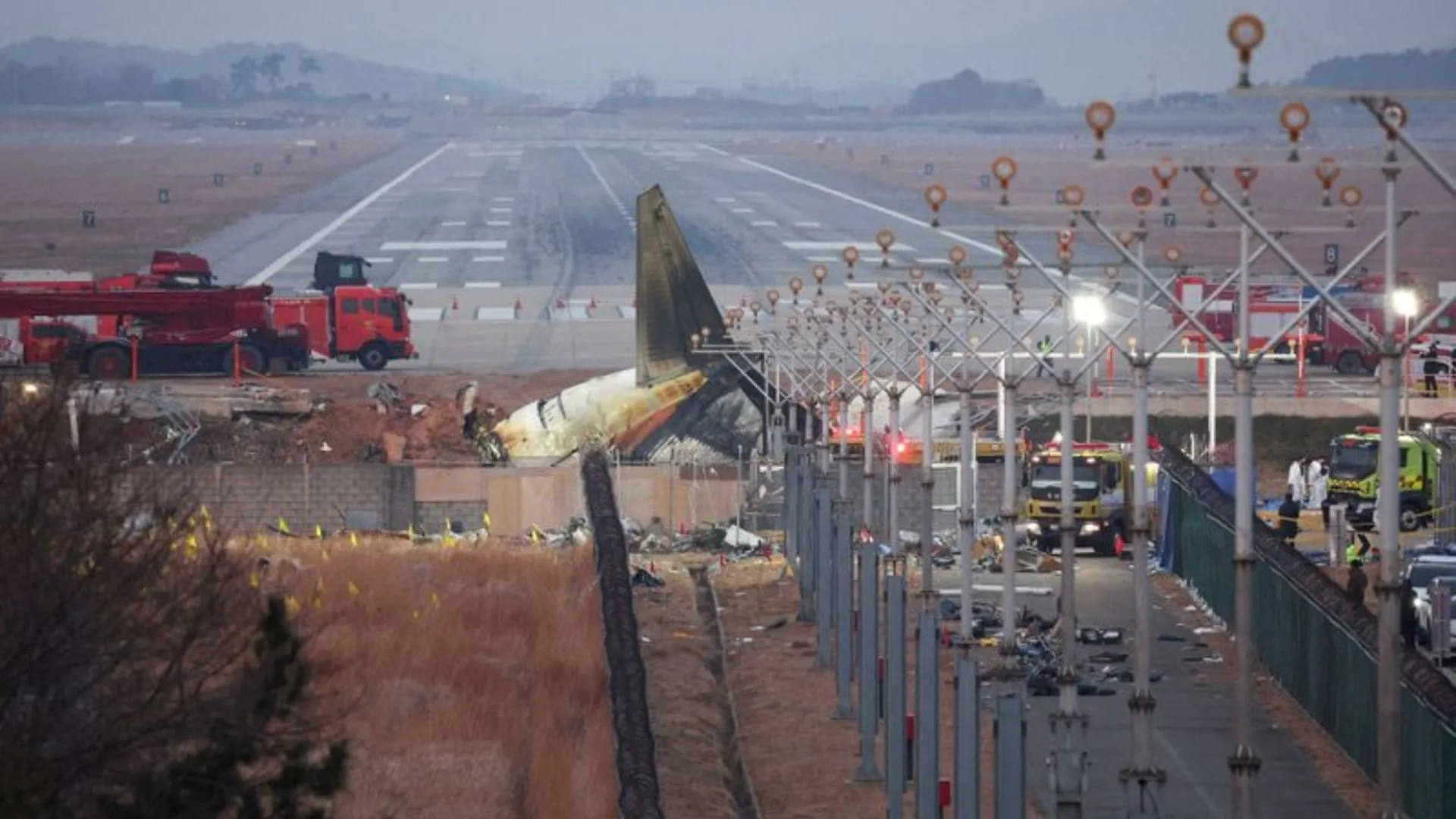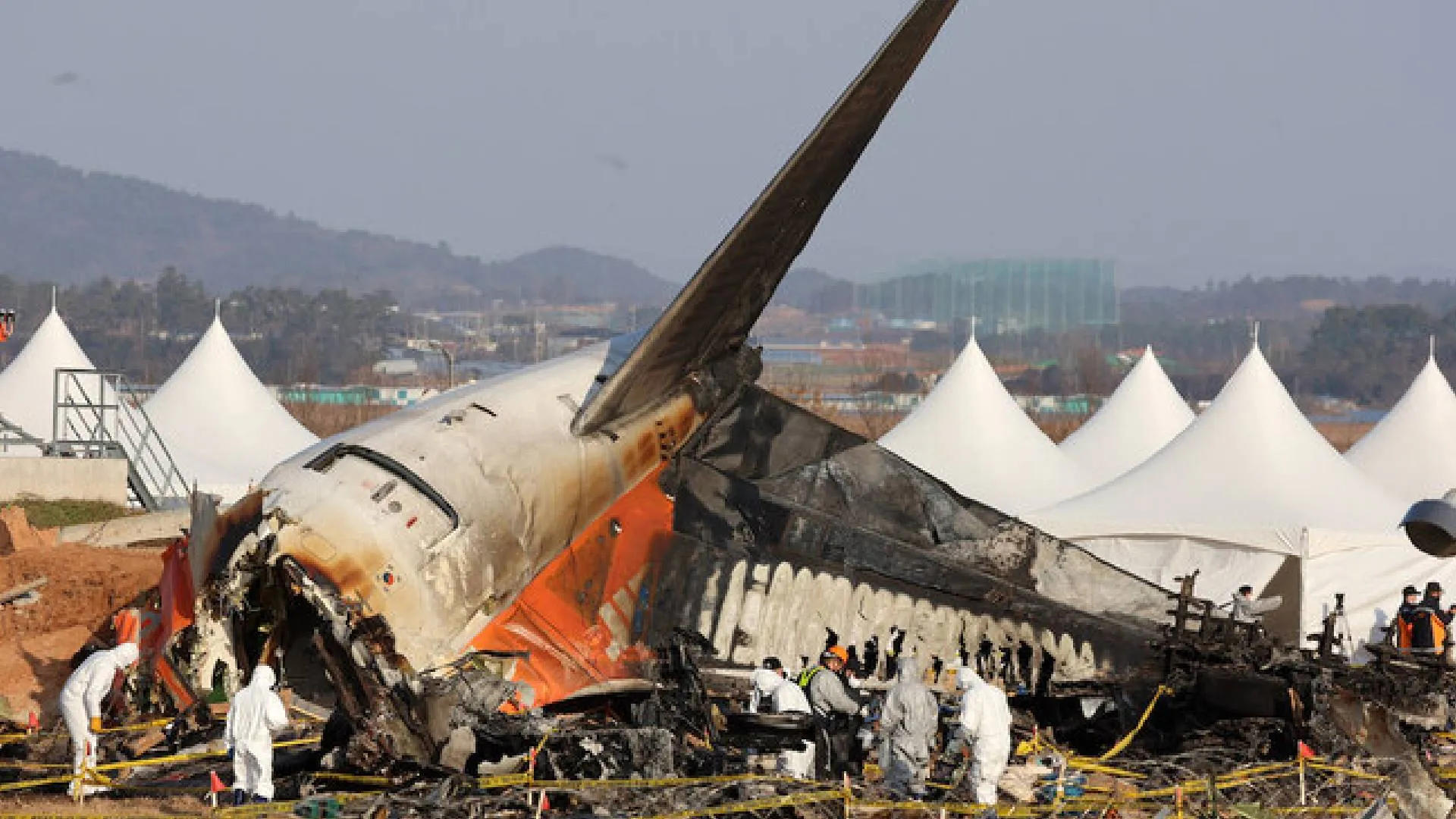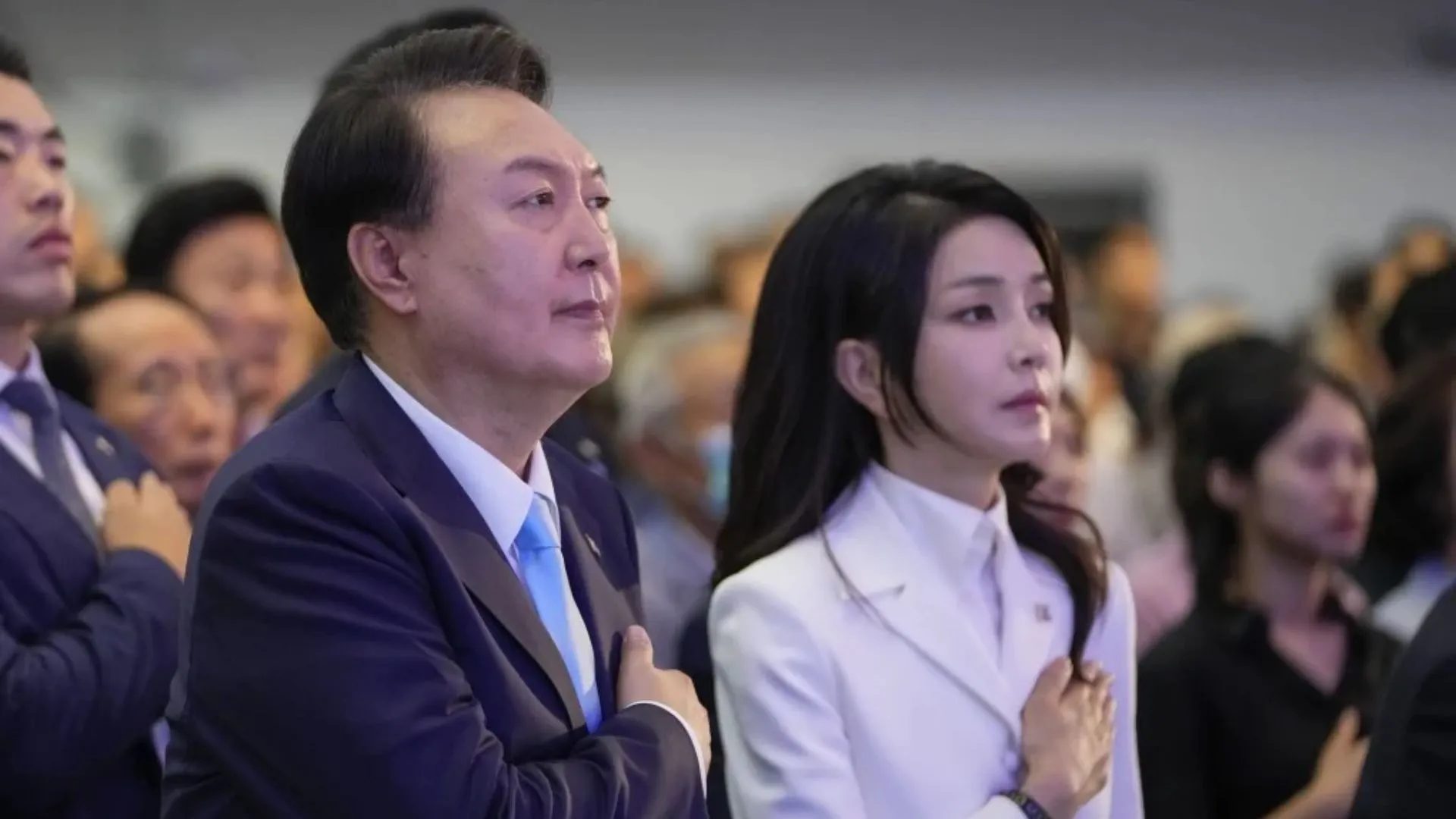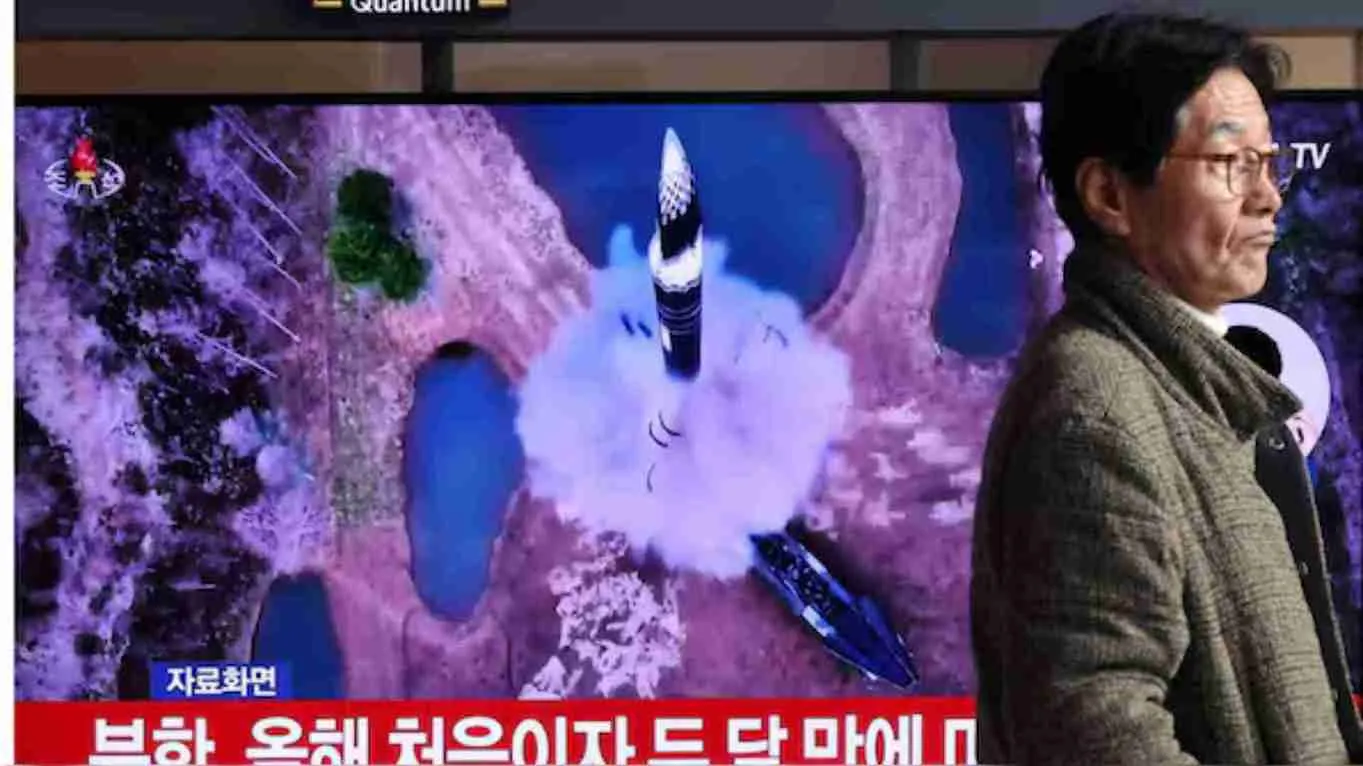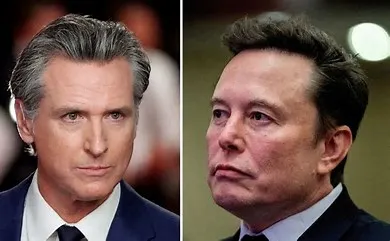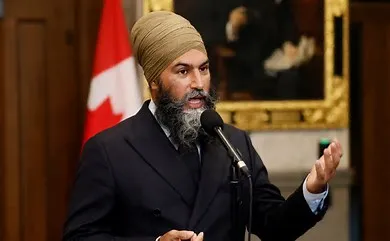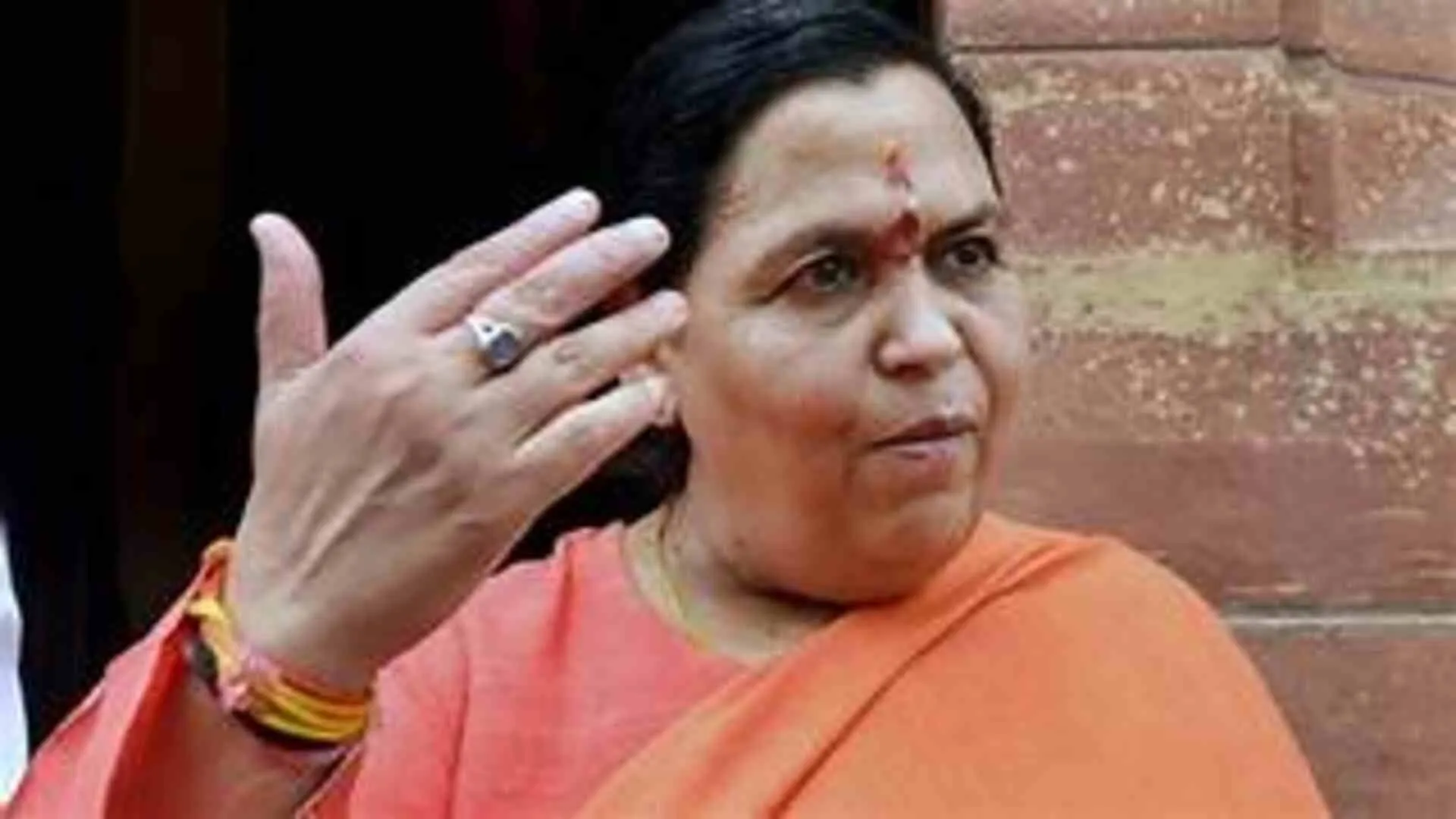Ebrahim Raisi’s political journey is deeply intertwined with Iran’s turbulent history, defined by the seismic shifts of the 1979 Islamic Revolution and its aftermath. This article aims to provide a comprehensive exploration of Raisi’s ascent to power, his involvement in contentious events like the 1988 mass executions, his tenure as president, and the enduring legacy he leaves behind.
Early Career and Rise to Prominence
Raisi’s foray into politics began in the aftermath of the revolution, where he quickly rose through the ranks of Iran’s judicial system. At the remarkably young age of 20, he was appointed as prosecutor-general for the provinces of Karaj and Hamadan, signalling the start of his meteoric rise in Iranian politics. However, his early career was also marred by allegations of persecution against religious minorities, particularly the Baha’is, underscoring the authoritarian nature of the newly established regime.
The Dark Legacy of “The Butcher of Tehran”
Perhaps the most notorious chapter of Raisi’s career unfolded in 1988, during which he played a central role in the mass executions of political prisoners following a ceasefire in the Iran-Iraq War. Serving as the deputy prosecutor of the Revolutionary Court of Iran, Raisi was among the youngest members of the clandestine “Death Commissions” responsible for orchestrating these executions. The scale of atrocities committed under his watch earned him the infamous moniker “The Butcher of Tehran” and drew widespread condemnation from human rights organizations and the international community.
Continued Political Ascendancy Despite Controversy
Despite facing vehement criticism and allegations of human rights abuses, Raisi’s political influence continued to ascend within Iran’s hierarchical power structure. He occupied key judiciary roles, including deputy head of the judiciary and prosecutor-general, further solidifying his position within Iran’s judicial apparatus. Raisi’s advocacy for Iran’s nuclear program exacerbated tensions with Western nations, resulting in the imposition of US sanctions on him for his purported involvement in human rights violations during the 1980s.
Domestic Repression and Crackdowns
Raisi’s presidency was marked by a pronounced authoritarian streak, characterized by severe crackdowns on dissent. The brutal suppression of protests following Mahsa Amini’s death in police custody in 2022 showcased the government’s uncompromising stance towards dissenting voices. The violent government response led to the deaths of over 500 protesters and the arbitrary detention of thousands, prompting widespread condemnation from human rights organizations and civil society groups.
Legacy and Controversy
Raisi’s legacy remains a subject of intense debate, reflecting sharply divergent perceptions within Iranian society. While some hail him as a steadfast defender of the Islamic Republic, others view him as a symbol of its oppressive and violent tactics. Despite his passing, Raisi’s influence continues to cast a long shadow over Iran’s political landscape, eliciting ongoing discourse and reflection on his complex and contentious legacy.
Ebrahim Raisi’s political journey from prosecutor to president encapsulates the tumultuous trajectory of Iran’s post-revolutionary era. His involvement in controversial events and his enduring legacy underscore the complexities of power and governance in the Islamic Republic, leaving a lasting impact on its political landscape for years to come.

